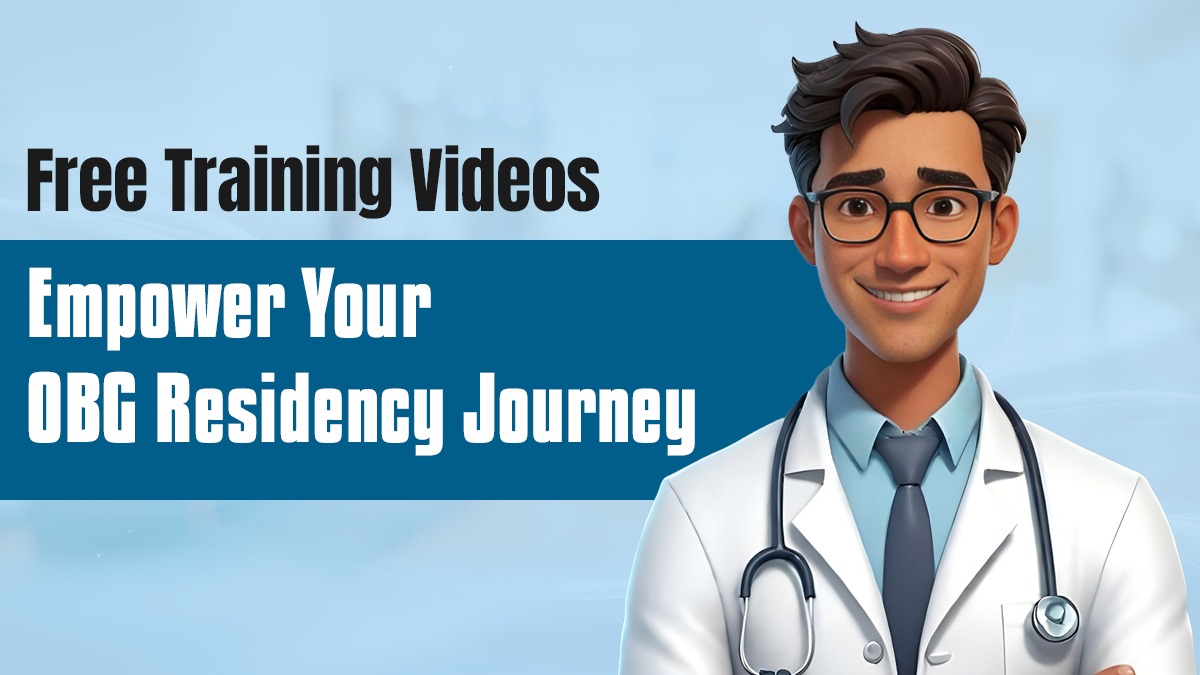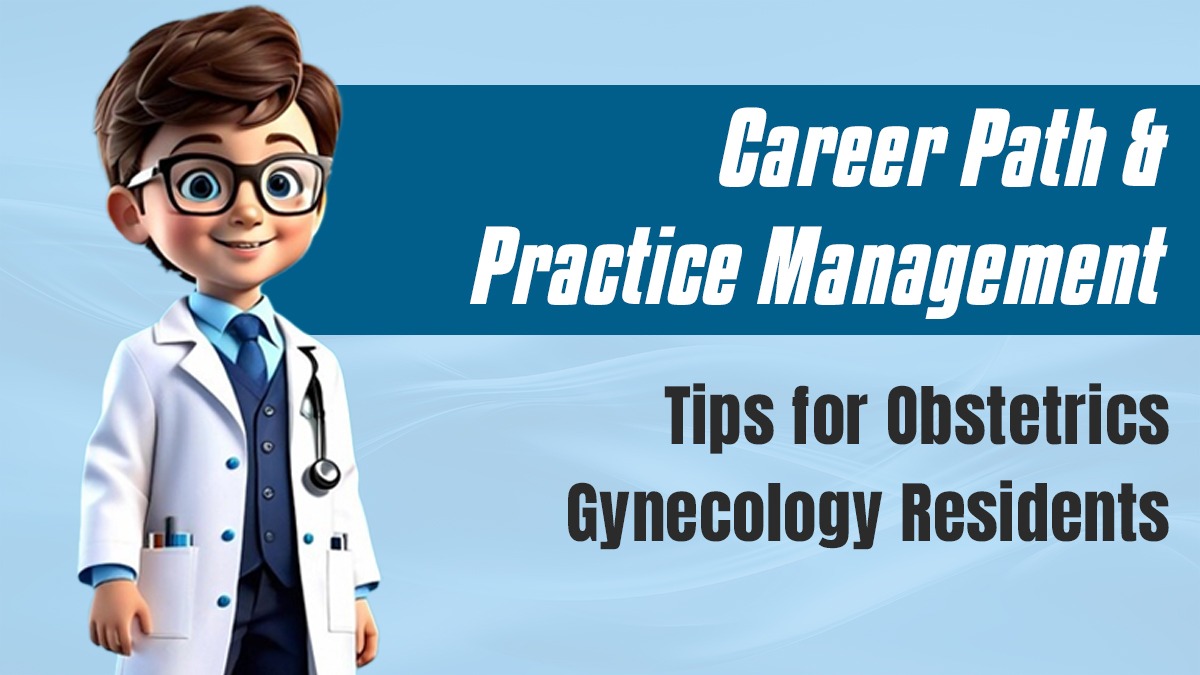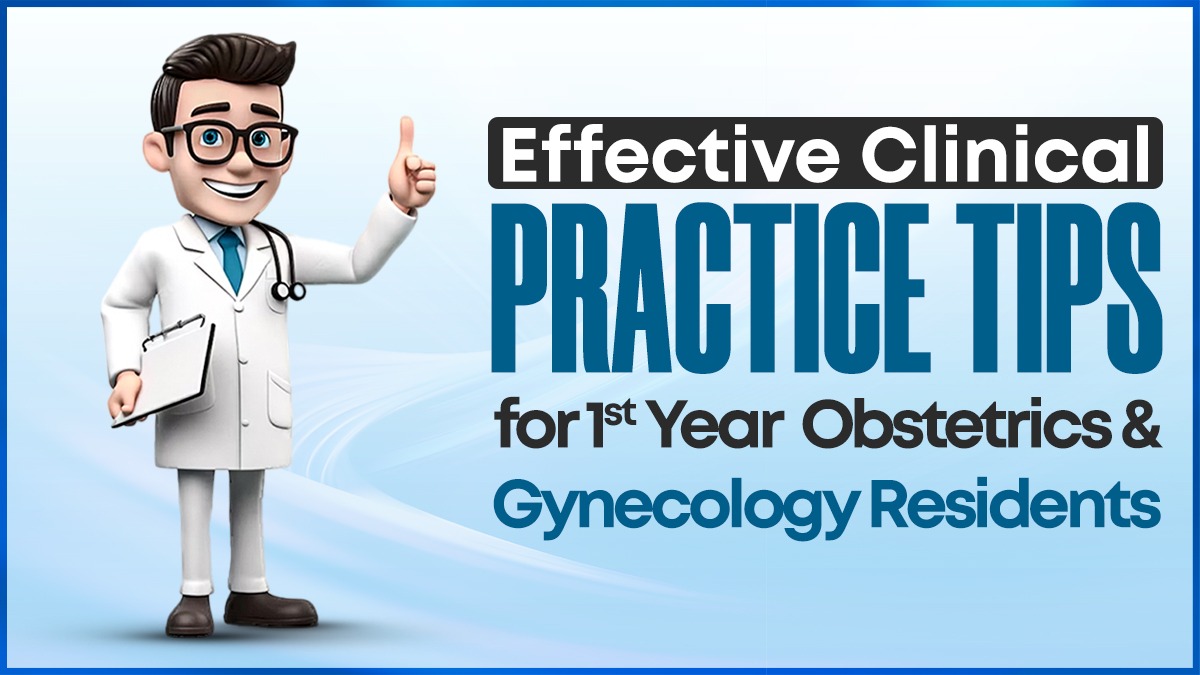Estimated reading time: 3 minutes
The Conceptual OBG is the best platform trusted by many users which provides comprehensive resources in obstetrics and gynecology residency training programs. We’re thrilled to introduce our Free Training Videos section, meticulously crafted to support medical professionals, aspiring OBS-GYN residents, and anyone navigating their obstetrics gynecology residency program.
Why Choose Our Free Training Videos?
We understand well the difficulties in preparing for and succeeding in OBS-GYN residency programs. That is why we have a choice of video recordings based on high-quality content presented by experts who aim to build clinical knowledge and practical skills.
Whether you are currently an OBG resident, looking to get into an obstetrician residency program, or considering other obstetrics and gynecology programs, these videos bring you valuable insights on real-world scenarios, evidence-based practices, and case reviews.
Featured Videos
- Evaluation of Post-Menopausal Bleeding By Dr. Aditya Nimbkar
A Complete Study video of evaluation of post Menopausal bleeding by Dr. Aditya Nimbkar.
- Labor Room Fridays Instrumental Delivery Ventousse/Vaccum
Instrumental Delivery Ventouse-Vacuum By Dr. Aarti Chitkara
This is an excellent tutorial that one can use to master vacuum-assisted deliveries in the labour room.
- Puberty Menorrhagia By Dr. Ankita Sethi
Join for details on how to diagnose and manage abnormal uterine bleeding during this period of pregnancy.
- Pregnancy of Unknown Location By Dr. Aarti Chitkara
Practical guide to evaluate and manage pregnancies of unclear origin.
- Ectopic Pregnancy: Etiology & Presentation By Dr. Aarti Chitkara
Key insights into recognizing and treating this critical condition in OB-GYN residency.
- The Fe-Tale of Survival and Symmetry By Dr. Aditya Nimbkar
In this video, Dr. Aditya Nimbakar explains the differences between symmetrical and asymmetrical FGR, focusing on the head circumference to abdominal circumference ratio and many more.
- Diabetes in Pregnancy
Dr. Tejas and Dr. Yasha discuss the critical management of diabetes during pregnancy, providing evidence-based approaches for OBS-GYN residency training.
- Guideline Review of the Week: Stillbirth
Dr. Aditya Nimbkar reviews the latest guidelines on stillbirth, highlighting key protocols and practices for OB-GYN residents.
- OBGYnugget: Algorithm of Management of Rh Negative Pregnancy
Dr. Aditya Nimbkar presents a concise and practical algorithm for managing Rh-negative pregnancies, an essential topic for OBS-GYN residency preparation.
Your Learning Partner
Obstetrics Gynecology Residency Training Program is designed to fit seamlessly into your schedule. From foundational topics to advanced clinical techniques, each video is a step closer to mastering your obs-gyn residency program. Click here to learn more about the Conceptual Radiology platform: Conceptual Radiology
Start Your Journey
Don’t miss the chance to learn more about the obstetrics and gynecology residency programs. Look into our Free Training Videos section, and take your OBS-GYN residency to new heights with Conceptual OBG.




